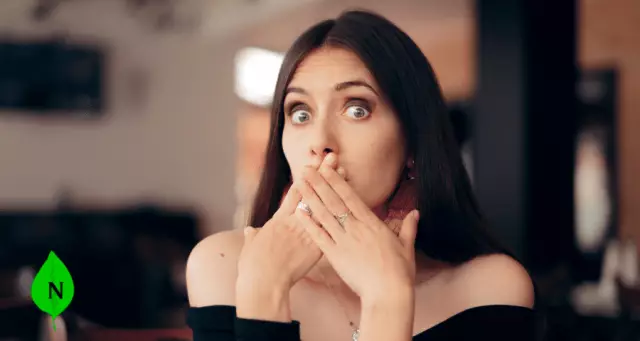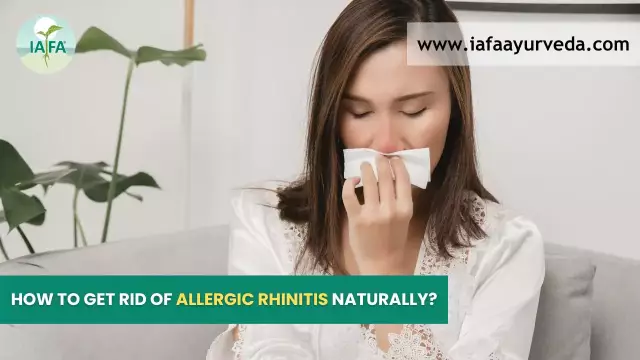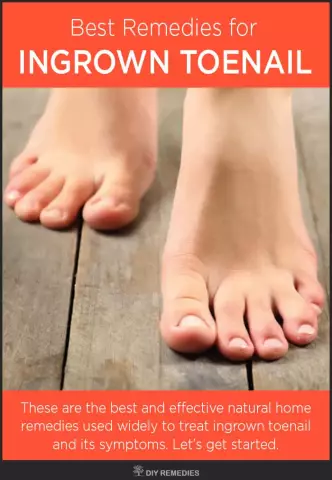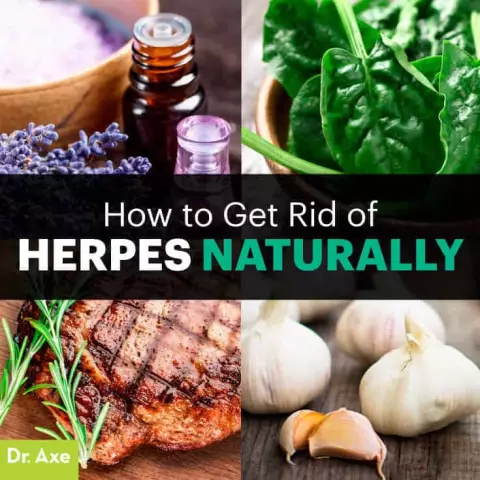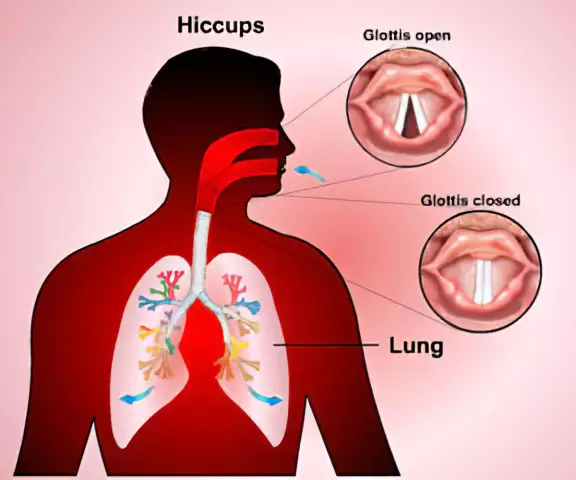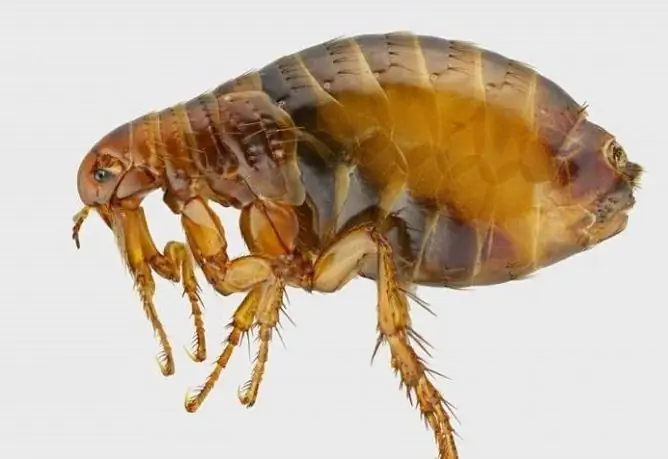- Author Rachel Wainwright wainwright@abchealthonline.com.
- Public 2023-12-15 07:39.
- Last modified 2025-11-02 20:14.
Hiccups

Hiccups is a violation of the function of external respiration, arising from a series of convulsive contractions of the diaphragm, manifested by short intense spontaneous respiratory movements. Sharp jerky contractions of the diaphragm lead to a sudden change in the volume of the chest, the lungs fill the resulting volume, stretching and provoking a convulsive breath. The sudden movement of air in the laryngeal mucosa irritates the nerve endings and reflexively closes the glottis. Hiccups look like repetitive short and intense breathing movements, reminiscent of convulsive sobs.
Hiccups are a very unpleasant phenomenon for a person, causing severe discomfort, unpredictable and spontaneous, and can often occur at the most inopportune moment.
Hiccups, episodic or short-term, occurs suddenly, lasts 10-15 minutes and just as suddenly stops. Such a temporary inconvenience is not worth special attention.
Long-lasting hiccups occur every day for several weeks or longer, and can last for hours or even days.
Hiccups: reasons
The causes of short-term hiccups can be called external, they can be caused by hunger or excessive overeating, thirst, eating dry food (buns, bread), alcohol abuse, sudden changes in temperature, intense excitement or stress.
The reasons for long hiccups are internal. Most likely, it is a consequence of various serious health problems, such as diseases of the liver, pancreas, gallbladder, diseases of the digestive system or central nervous system, diabetes, vasoconstriction, infections, parasitic diseases (helminthiasis, giardiasis).
Hiccups in newborns
Hiccups in newborns are frequent, due to the extreme excitability of the mechanisms that regulate the contractile function of the diaphragm in the first months of life. A newborn baby adapts to independent life outside the mother's body, and all his systems and organs learn to work. The main causes of hiccups in newborns are as follows:
- Excessive stretching of the stomach by air trapped in it during feeding;
- Excessive stretching of the stomach with food, as a result of overfeeding the child;
- Hypothermia;
- Severe fright, anxiety, excitement;
- Improper nutrition of the mother if the baby is breastfed.
Eliminating the causes of hiccups in newborns is not difficult. If the room is cold, wrap the baby up, take him in your arms, and warm him with your warmth. If the hiccups start after or during feeding, run your baby vertically, head up, stroking the back or tummy. Excess air will come out of the stomach, and the hiccups will stop. Hiccups in newborns is a normal physiological process, as soon as the child grows up, the hiccups will pass.
If hiccups in newborns are regular and prolonged, it is necessary to consult a doctor, as it may indicate that the baby has a serious illness.
Hiccups in a child
Hiccups in a child happen quite often, as he grows up, hiccupping, begins to experience discomfort and anxiety. A child can start hiccupping if he:
- Ate dry food (crackers, cookies, bagels) without drinking;
- Overeat, and the stomach is not able to cope with such a volume of food;
- Just thirsty;
- Overcooled.

If a child's hiccups are rare and lasts no more than an hour, there is no cause for concern. In case of regular prolonged hiccups, the child should be seen immediately by a doctor. One of the most common causes of hiccups in a child may be the presence of worms.
How to get rid of hiccups
The question of how to get rid of hiccups is so relevant that everyone who finds the only correct answer to it is guaranteed universal recognition. Unfortunately, such a remedy for hiccups has not yet been invented. Ideally, the hiccups should stop 5-15 minutes after they start, just as involuntarily. If this does not happen, and you want to stop hiccuping immediately, try the following guidelines.
When hiccups are caused by breathing problems, it needs to be restored by returning to normal to get rid of the hiccups. For this, there are a number of special exercises, from which you need to choose the one that suits you best:
- After taking the deepest possible breath, exhale the air in small portions, holding your breath for a short time before each exhalation;
- Take a paper bag, clasping the edges with your hands, press it tightly to your face, inhale and exhale as intensely and often as possible, preventing air from entering the bag;
- Drink a glass of water in small sips without interruption.
How to get rid of hiccups caused by problems with the digestive system:
- Eat something sweet, such as a spoonful of honey or sugar
- Eat something sour, such as a slice of lemon, or drink lemon juice diluted with water;
- Drink ice water or just suck up a piece of ice.
In a situation where none of the above remedies for hiccups helps, if it is associated with a disorder of the digestive system, the following medications are recommended: cerucal, atropine, motilium, scopolamine. Pipolfen or haloperidol relieve spasms and stop irritation of the diaphragm, restoring the normal functioning of the central nervous system. It is possible to use drugs as a remedy for hiccups only on the recommendation of the attending physician.
If the hiccups do not stop within several hours and happens several times during the day, it is necessary to find out the reason for its appearance. To do this, you should contact a medical institution to undergo an examination and get specialist advice. Often such hiccups are one of the symptoms of a serious illness.
YouTube video related to the article:
The information is generalized and provided for informational purposes only. At the first sign of illness, see your doctor. Self-medication is hazardous to health!

